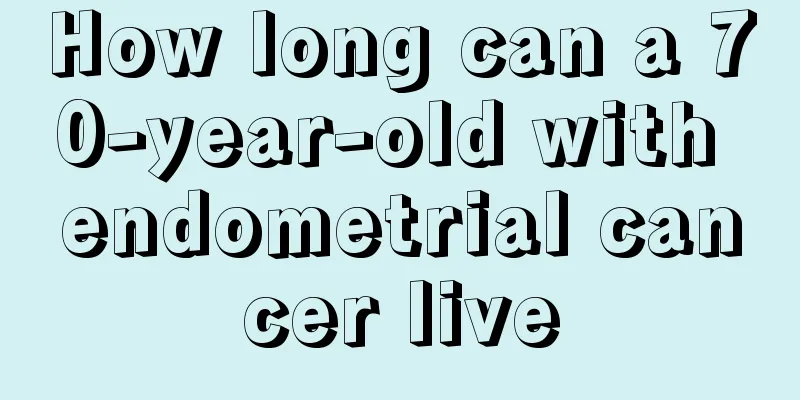Can I smoke after surgery?

|
Whether it is in TV advertisements or slogans on cigarette boxes, they all remind us that smoking is harmful to health. This is true for normal people, let alone those who have undergone surgery. Only people who have been sick know the value of life. It turns out that being healthy is so good. Then why do some people still want to smoke after surgery? They know that smoking is harmful to health, so why are they so stubborn? Next, let’s take a general look at the impact of smoking on human health and the harm it does to the human body. 1. When cigarettes burn, they release more than 4,000 chemical substances, among which the main harmful components are tar, carbon monoxide, nicotine and irritating smoke. Tar is harmful to the mouth, throat, trachea and lungs. In a healthy human lung, the villi that line the airways normally remove foreign matter from the lung tissue, sweeping the particles into sputum and mucus for excretion. The tar in tobacco smoke is deposited on the villi, destroying their function, increasing sputum, and causing chronic bronchial lesions, leading to tracheitis, emphysema, cor pulmonale, and lung cancer. According to statistics, 47% of smokers suffer from lung diseases after the age of 60, while the proportion of non-smokers suffering from lung diseases after the age of 60 is only 4%. This is a shocking figure. 2. Cardiovascular disease: Carbon monoxide in cigarettes reduces the oxygen content in the blood, causing related diseases such as hypertension. Smoking causes coronary artery blood vessels to constrict, reducing or blocking blood supply, causing myocardial infarction. Smoking can increase the secretion of adrenaline, causing the heart rate to accelerate, increase the workload on the heart, affect blood circulation and lead to high blood pressure, heart disease, stroke, etc. 3. Smoking can cause cancer. According to statistics, smoking is related to oral cancer, snuff cancer, lung cancer, stomach cancer, intestinal cancer, bladder cancer, breast cancer, etc. People may know very little about why smoking causes cancer. Understanding the mechanism by which smoking causes cancer is very helpful in helping people quit smoking as soon as possible. Tobacco toxins dissolve in water and food and directly damage DNA, causing gene mutations. Tobacco contains a lot of radioactive elements. These radioactive elements flow into the body along with the smoke and damage tissue cells. If you smoke 30 cigarettes a day, the toxins produced by the X-rays can be equivalent to the accumulated dose of 100 X-rays. This kind of radiation can cause gene mutations and cause cancer. Smoking also damages a person's immune function. The reason why smokers are more likely to catch colds is because the body's lymphocytes protect the body from harm like guards, and smoking can lead to reduced lymphocyte activity and cancer. Therefore, given the three major factors that cause cancer due to smoking, the sooner you quit smoking, the better. If people who have undergone surgery continue to smoke, it will aggravate their original condition and may even induce other diseases. Because the resistance of people after surgery is relatively poor, it is best not to smoke if possible. If you really feel like smoking, just smoke one cigarette. You must be responsible for your own health. |
<<: What are the symptoms of pleural effusion
>>: The effect of pine needle anthocyanin on human body
Recommend
How to avoid testicular cancer
How to avoid testicular cancer? Testicular cancer...
What are the main characteristics of colon cancer
What are the main characteristics of colon cancer...
What does poor follicular tension mean
Many young women find that they have not been pre...
Can't lower my head because my cervical spine hurts
Nowadays, there are many people who are addicted ...
What causes itchy chest skin?
Itching of the skin on the chest is more common i...
What are the common symptoms of pneumothorax
Pneumothorax is a symptom that is relatively harm...
What is the formula of soapberry shampoo
Soapnut shampoo is a product with very good shamp...
What causes nipple pain during pregnancy
Many people experience nipple pain during pregnan...
How to deal with acne on the tip of the nose
I believe that acne has become a big problem for ...
Fever three days after vaccination
Vaccination is the most important way to prevent ...
How to check if you have liver cancer? Introduction to liver cancer self-examination methods
Experts suggest that the incidence of liver cance...
What are the symptoms of rectal tumors?
For many diseases, early symptoms are ignored and...
Treatment of recurrent osteosarcoma
Osteosarcoma is a clinically malignant tumor. Whe...
What are the five early symptoms of colon cancer
The early symptoms of colon cancer are often not ...
How to treat small cell lung cancer
How to treat small cell lung cancer? Many people ...









